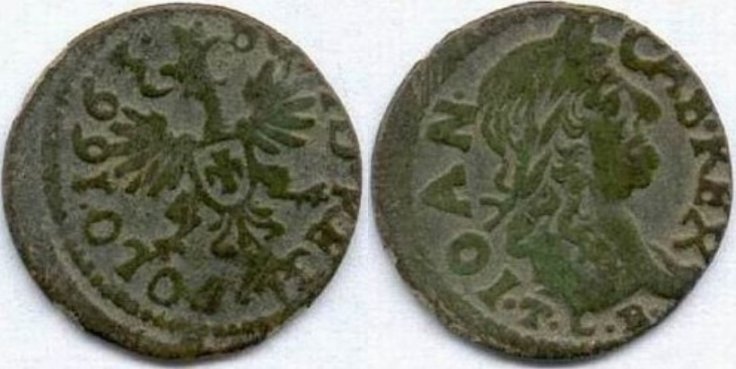A homeowner in northern England stumbled across one of the biggest hoards of 18th century English gold coins during house renovation. It's estimated to be worth $300,000, and date back to 1610 and 1727. The gold coins were recently auctioned by Spink & Son.
Gregory Edmund, the auctioneer, said the remarkable trove which was discovered in July 2019 is unlike any find in British archaeology, or like any coin auction in living memory. He said it's a wonderful and truly unexpected discovery from so unassuming a find location. The find is also one of the largest on archaeological record from Britain, and certainly from the 18th century period.
Influential Mercantile Family
Edmund believes the coins belonged to the Fernley-Maisters, Joseph and Sarah who married in 1694. The Maisters, according to Spink & Son, were an influential mercantile family from the 16th century to the 18th century. They were known to trade iron ore, timber and coal from the Baltic states. And several states took up posts as lawmakers in the early 1700s. The family line faded away after the couple passed away. This is why the auction house believes the coins were never retrieved. Edmund added the finding reflect the £50 and £100 coins that were used at the time.

He said it's clear that Joseph and Sarah distrusted the newly-formed Bank of England, and bank note, as well as the gold coinage of their day because they chose to hold onto so many coins dating to the English Civil War, and beforehand.
The bigger mystery is as to why the coins were never recovered when they were really easy to find just beneath the original 18th century floorboards. The discovery was made in 2019 when contractors unearthed a salt-glazed earthenware cup as they pried up the floorboards during the renovation project at the 18th century home in Ellerby, a village in North Yorkshire.
The coins rattled inside a cup, similar in size to a soda can. A Brazilian coin that circulated in England during the 1720s was also found.









